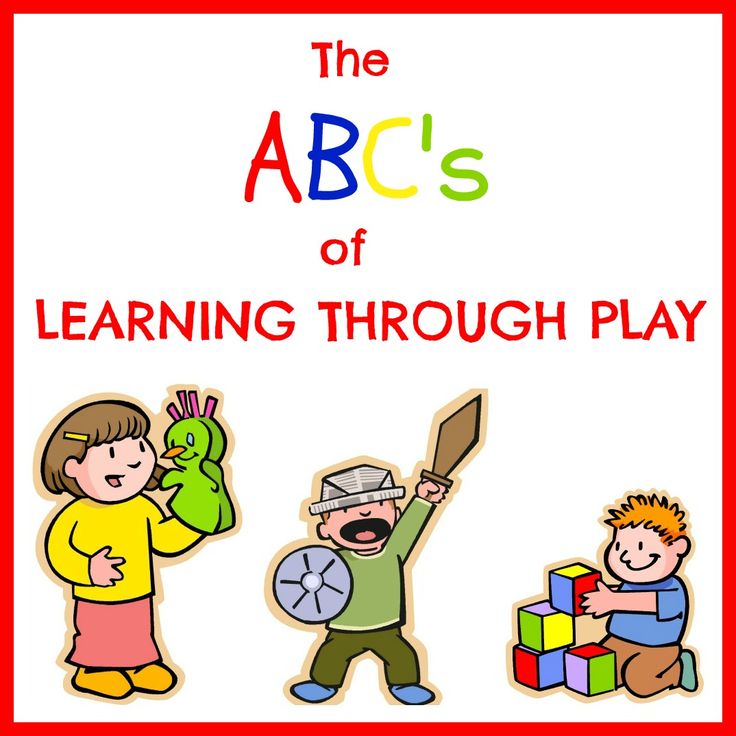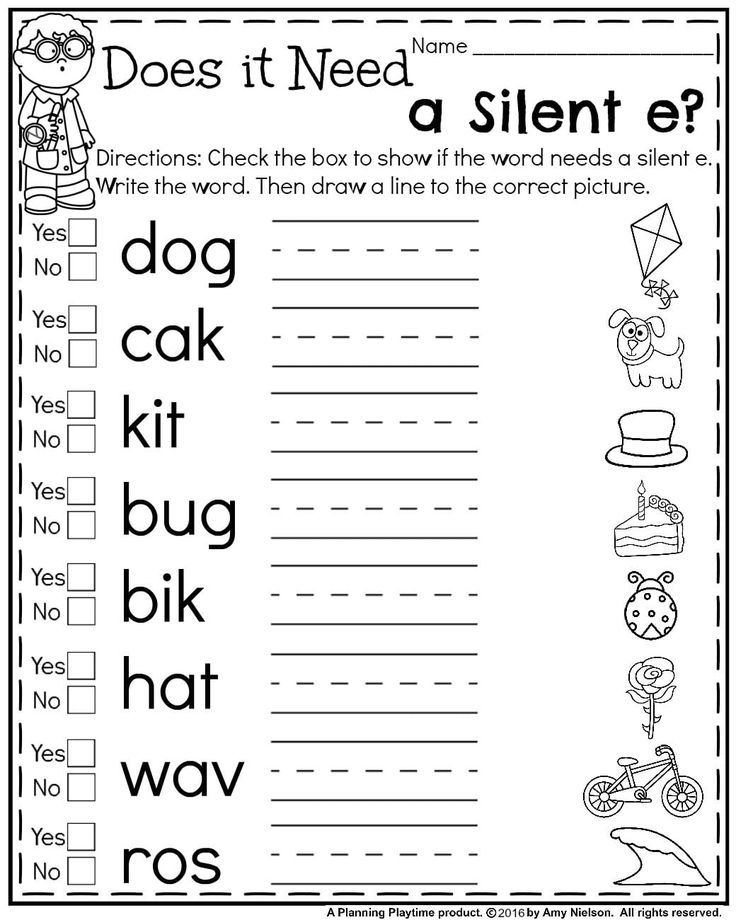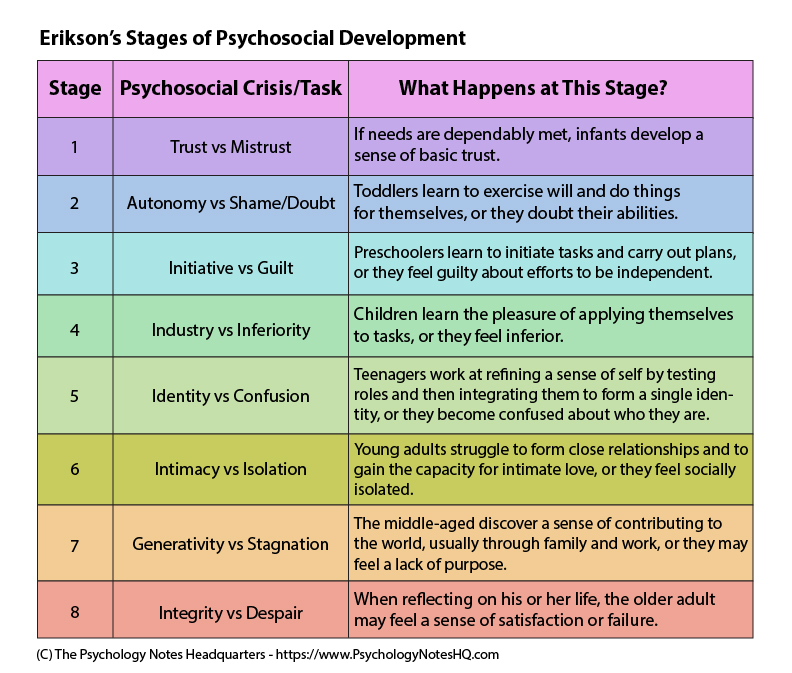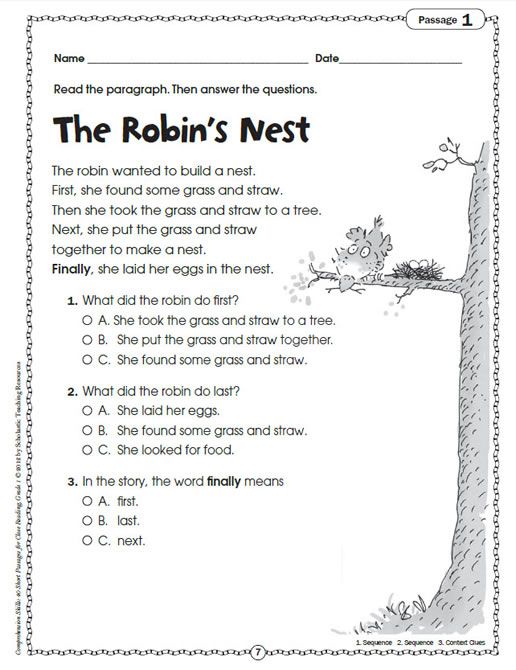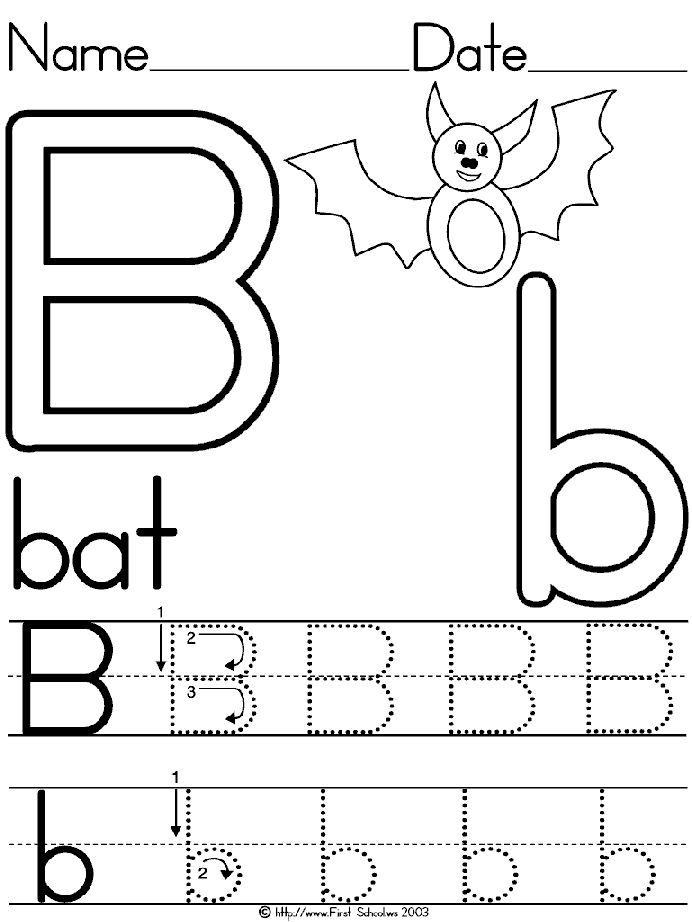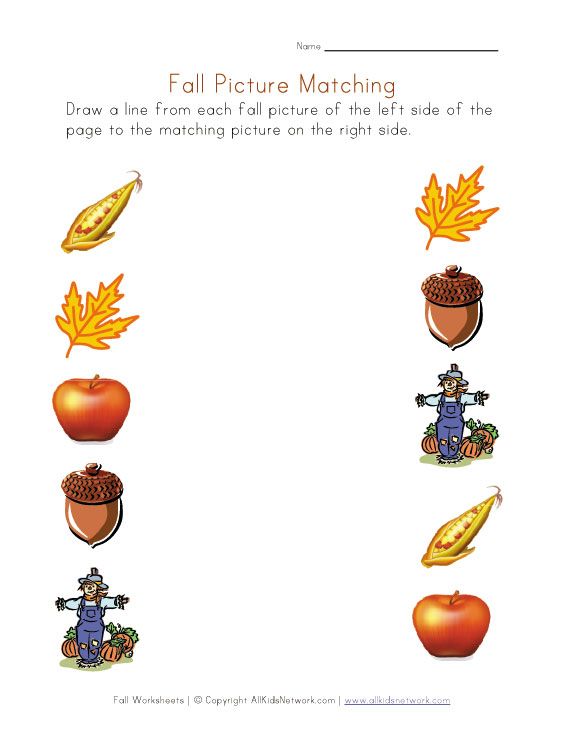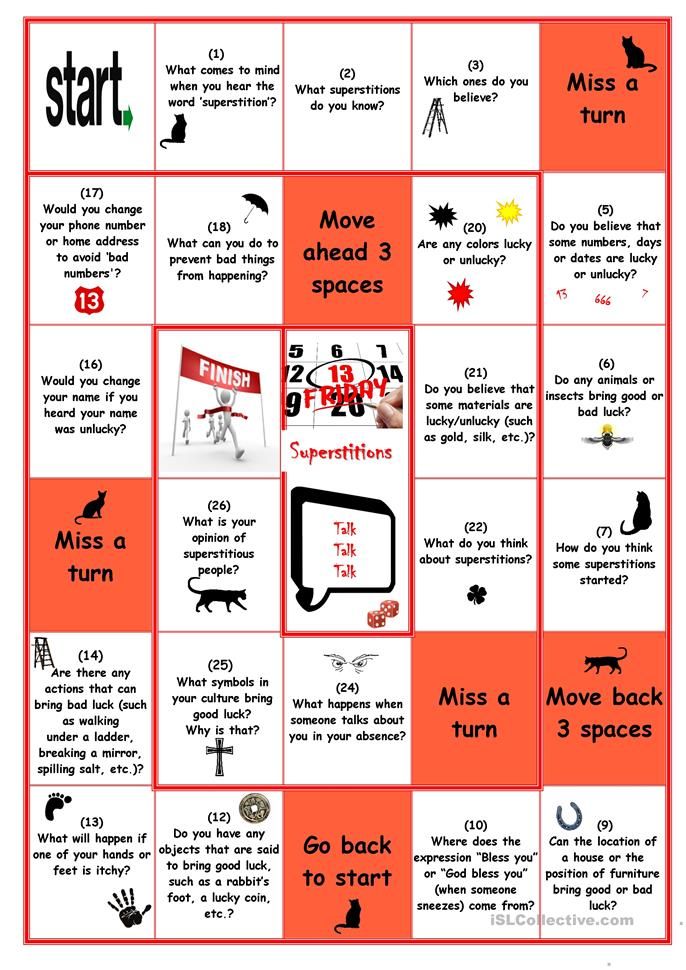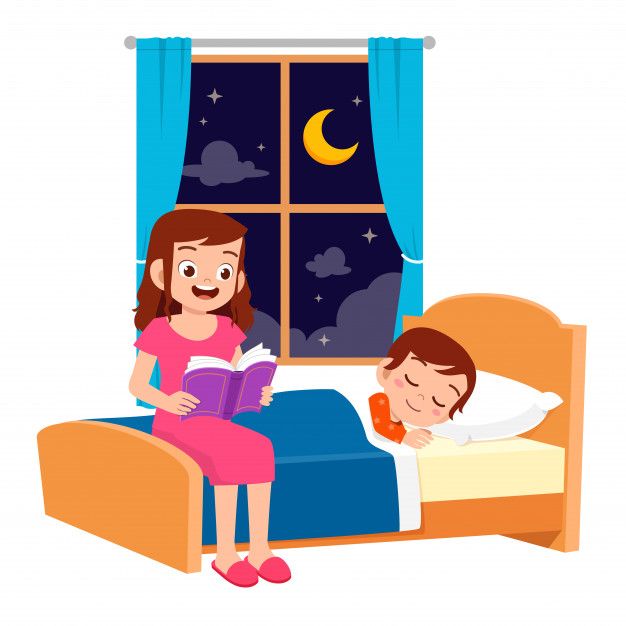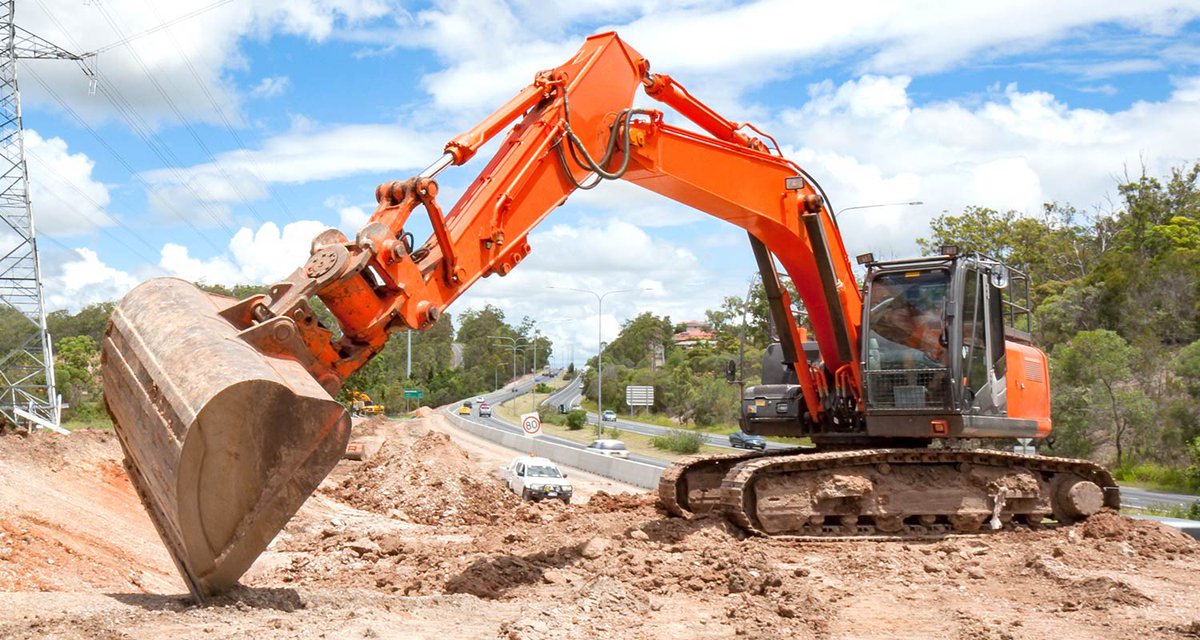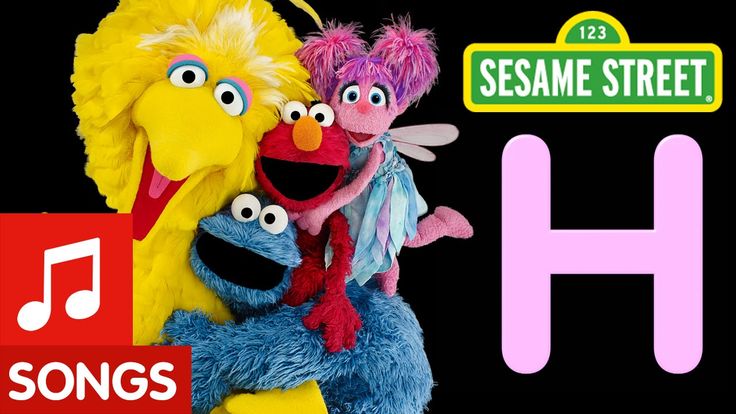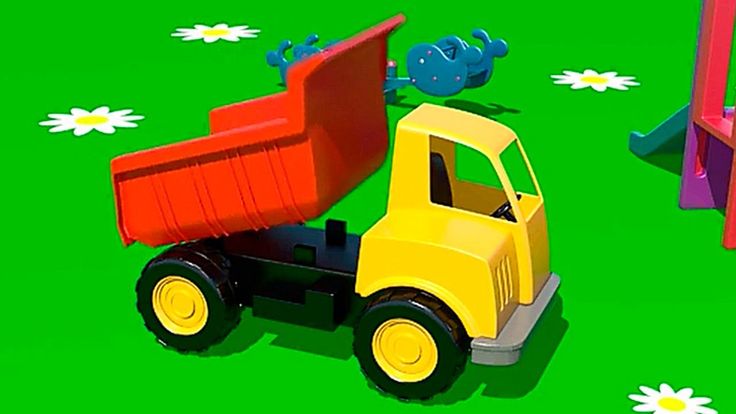Learn through play
A World of Learning Through Play
Children know play is their superpower
We’re here to convince the grown-ups. Because play is something every child, everywhere in the world can do. It fuels curiosity, sparks creativity, and inspires a lifelong love of learning. Children who play pick up all kinds of skills to thrive today – and lay the foundations for a happier, healthier life tomorrow.
Why Play?Dive into our latest news, research, blogs and project stories
October 2022 Evidence
World Mental Health Day: How play can support children’s mental health
October 2022 Opinion
What’s the most incredible thing in a classroom? The teacher!
September 2022 Opinion
‘Listen to us’: Children deliver their manifesto for World Leaders and call for safe-space education for all
September 2022 Projects
Cracking the code for learning through play
What can a digital bunny teach us about learning through play? Take a look at our collaboration with the Brazilian Creative Network and coding platform, Scratch to find out
August 2022 News
Supporting Ukrainian children in returning back to school
July 2022 Evidence
Good Life at home and at play
June 2022 Evidence
Exciting lessons make the grade - Good life at school
July 2022 Evidence
Good Life and play
June 2022 Opinion
For families to play more, we need better policies
Playful parenting is a huge child development boost – but parents are too often over-stretched and under-supported. Here’s how systems can help families unlock the power of play.
May 2022 Opinion
8 play ideas for family wellbeing
May 2022 Opinion
Play isn’t another thing to do. It’s another way to do things
Playful parenting gives a boost to every member of the family – and it doesn’t have to feel like yet another thing on the to do list. Read one parent’s perspective on getting more play in every day
March 2022 Opinion
Play more, worry less: 3 ways play boosts resilience
March 2022 Evidence
Why social and emotional learning is top of the class
October 2021 Opinion
Breaking the stigma on mental health & how play can help families to thrive
Follow us on social media
Explore our latest research
The relationship between learning through play and holistic skills
Learning through play helps children develop the skills they need to thrive. And we’ve got an ever-growing body of evidence to illustrate it.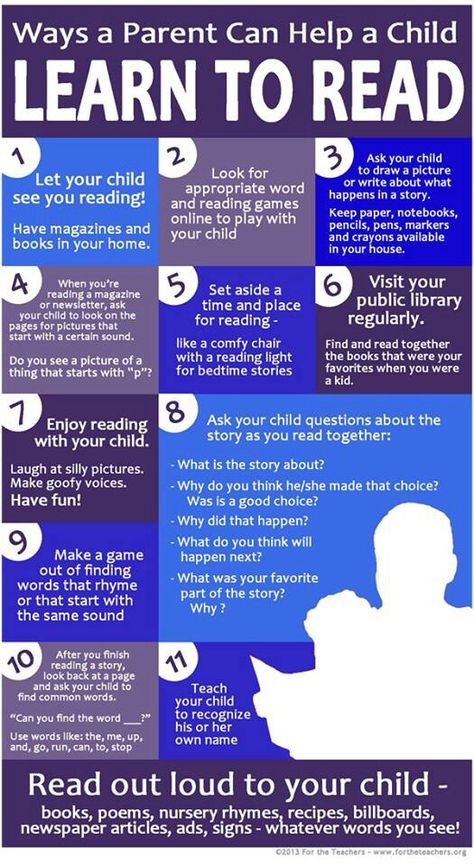 Take a look.
Take a look.
Future skills, In the classroom
What do children (and grown-ups) have to say about play?
We asked children around the world what they thought about play. Here’s what they had to say
At home, In the classroom, Future skills
Positive play in a digital age
Children spend more time online than ever – so it is vitally important that digital platforms are a safe space to explore and learn through play. Here’s how organisations are steering industry and governments to put children’s wellbeing first.
Technology, Wellbeing
The Good Life - According to Children
What’s the secret to a good life? We asked Denmark’s children. Take a look at what they told us.
In the classroom, At home, Wellbeing
Why creativity matters and how play nurtures creative minds
Creativity is instinctive in children – and just as essential in adults. Here’s an introduction to what we know so far about why and how we should make space for children to hone creative skills.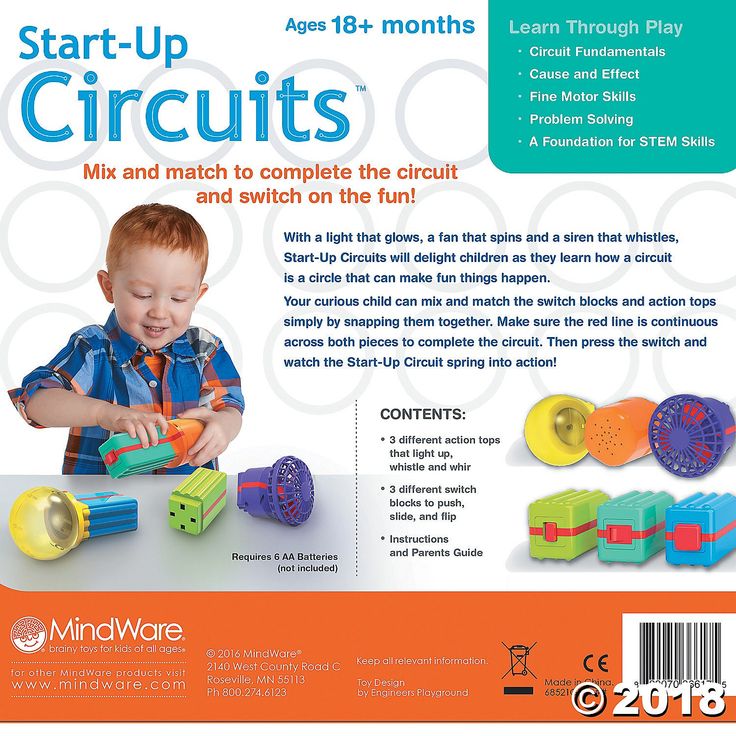
In the classroom, At home, Future skills
Technology & play
Technology is now embedded in children’s lives: how does it affect the way they play, learn and develop critical skills?
In the classroom, At home, Future skills, Technology
Why school time is playtime
It’s official: play belongs in school. We’ve investigated eight different teaching methods to uncover the playfulness that’s already there. Dive in to learn more
In the classroom, Future skills
Learning to cope through play
Play can help children (and grown-ups) handle life’s toughest moments. Delve into our latest paper to get all the details
In the classroom, In crisis settings, Wellbeing
Learning through play: what the science says
Do you know that play builds brains? We look at research that shows how playful learning experiences lay the foundations for brain development and develops 21st century skills
In the classroom, At home, Future skills
Rebuilding systems around social and emotional learning
Social and emotional learning is every bit as vital as reading and writing - especially now.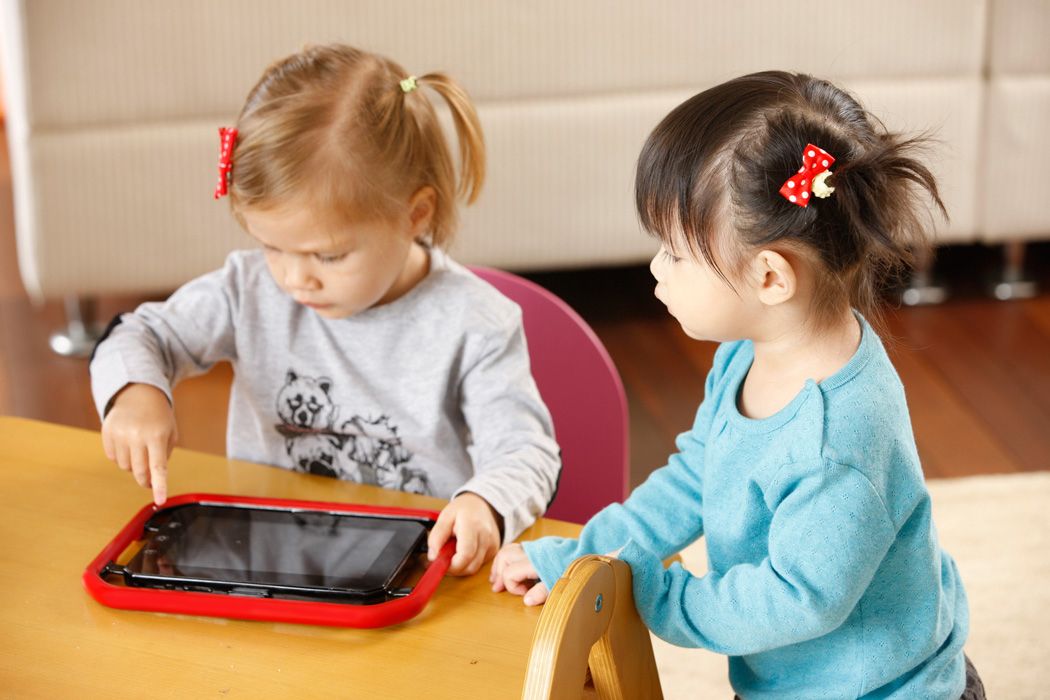 We spoke to policymakers around the world about how they’re reshaping education around these essential skills.
We spoke to policymakers around the world about how they’re reshaping education around these essential skills.
Future skills, Wellbeing
How children thrive on play
Dive into the evidence for play’s vital role in child development.
At home, In the classroom, Future skills
Engaging young children in play
Children get more out of play when they take the lead. But the science shows us adults can – and should – join in. Here’s why
In the classroom, At home
Closing the skills gap
Education systems need to keep up with the world’s rate of change to close our widening skills gap. Here’s what they can do
Future skills
Play unlocks essential skills
Our world never stops changing, so how do we prepare children to navigate it? We let them play. Children thrive on play. It’s also perfect practice for tomorrow. Given the chance to think, negotiate, adapt to new rules and try again when things don’t go to plan, children develop essential skills that’ll last a lifetime.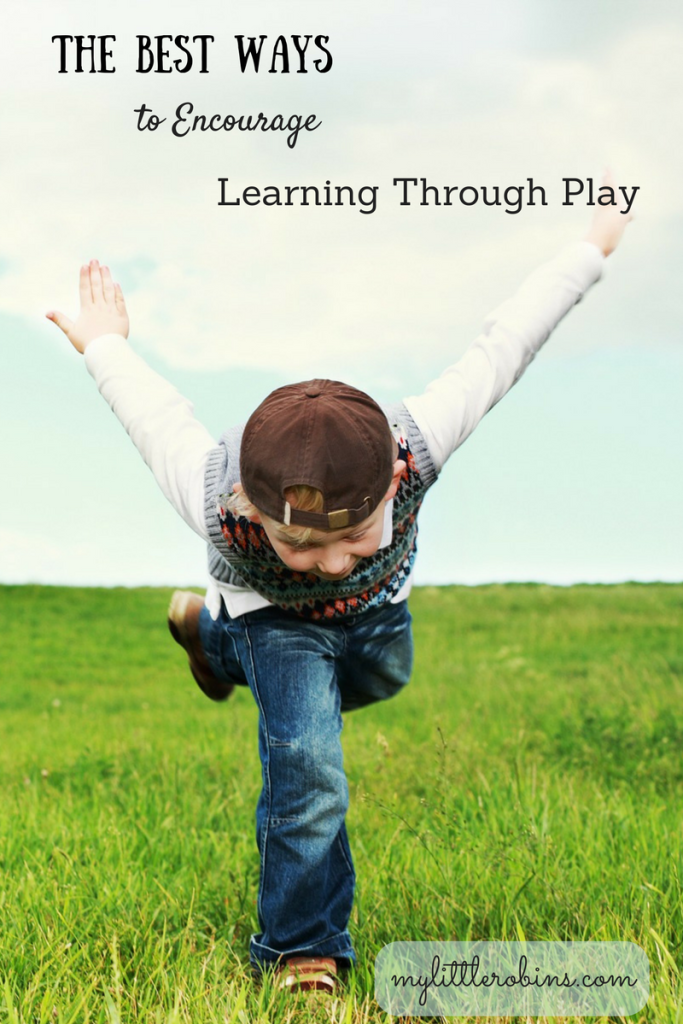
Play boosts wellbeing for life
Better mental health. More resilience. A love of learning that lasts a lifetime. All ways that play boosts wellbeing from childhood.
Play for wellbeingPlay is for everyone, everywhere
Play is how children learn naturally. That’s what makes it so powerful, and why it’s so important to make room for play.
Play for allReady to play?
When children play, they learn. They solve problems, think strategically, relate to others, and manage life’s ups and downs. Play helps children learn how to learn – and love learning. We've gathered some of our favourite games. You can play them anywhere – using things you find at home.
More activitiesThe scientific case for learning through play
Do you know that play builds brains? We look at research that shows how playful learning experiences lay the foundations for brain development and develops 21st century skills
Our brains literally change as we learn
In a sense, what we do is who we are.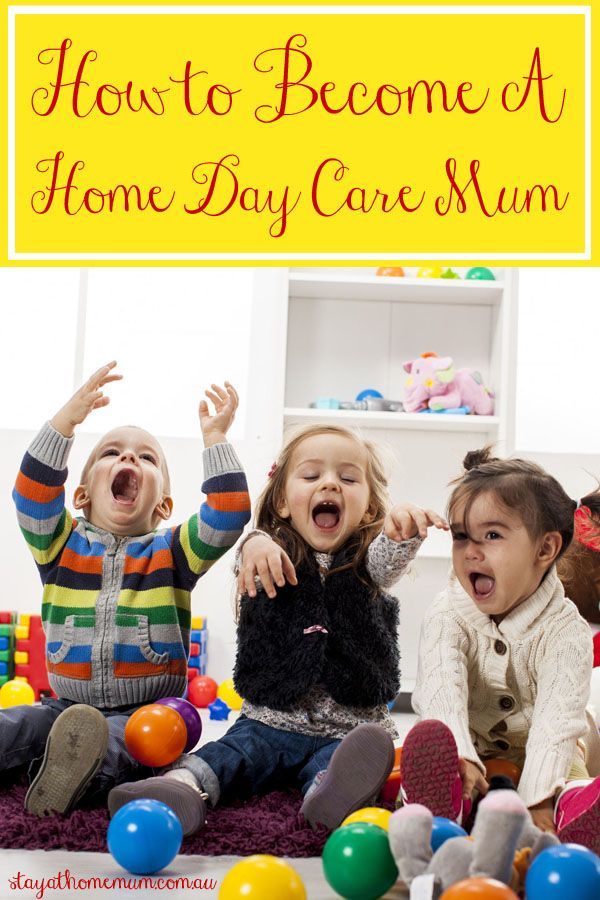 We now have a large – and growing – pool of evidence to show that learning through play is the best way to support learning. Children are natural scientists – they come into the world ready to experiment and learn through play. And they use what they discover to not only adapt the structure of their brains, but also strengthen the skills they need to continue being engaged, flexible learners for their whole lives.
We now have a large – and growing – pool of evidence to show that learning through play is the best way to support learning. Children are natural scientists – they come into the world ready to experiment and learn through play. And they use what they discover to not only adapt the structure of their brains, but also strengthen the skills they need to continue being engaged, flexible learners for their whole lives.
From our earliest days, play is how we relate to the world, and to each other. When children have plenty of opportunities to learn playfully, they do what they do best: pursue their natural curiosity. And, as they do, they build skills and aptitudes they’ll keep for life. There’s a wealth of science behind our understanding of learning through play: studies in teaching and learning, play, and neuroscience. Here are three key things to take from the research.
Children are born to learn through play
Children should be in charge of their play and learning
Five key characteristics unlock playful learning
Research shows that people learn best from experiences that are joyful, that meaningfully connect the play to their lives, actively engaging, allow testing things iteratively and are socially interactive.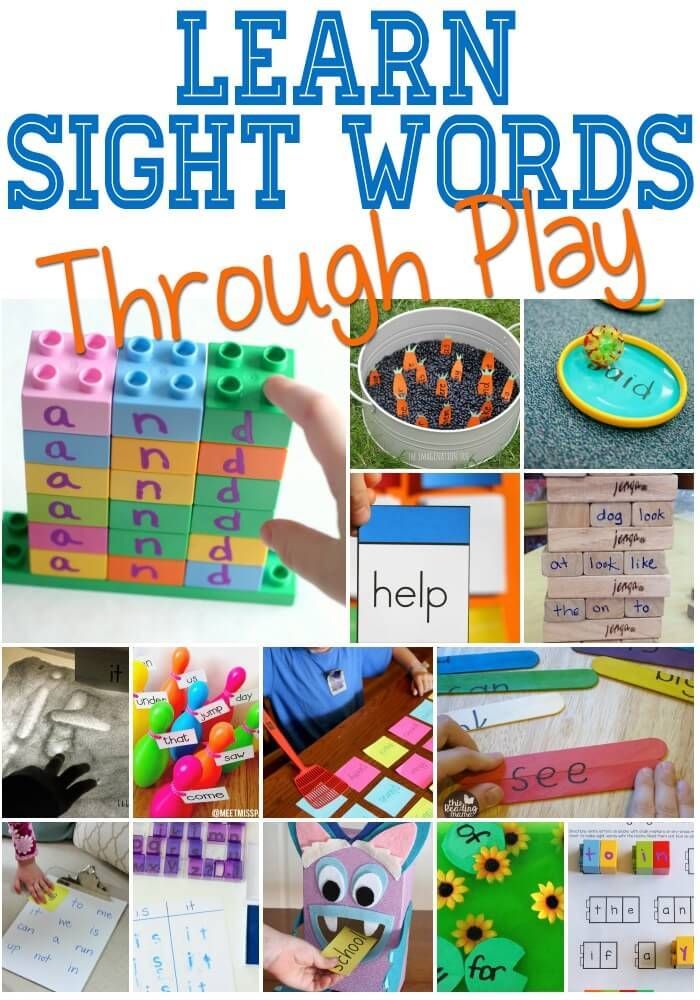 Children won’t always experience all of those characteristics at the same time – and that’s fine. But it’s another reason children need lots of different kinds of play. Each strand helps them weave a strong and flexible tapestry of skills to use throughout their lives.
Children won’t always experience all of those characteristics at the same time – and that’s fine. But it’s another reason children need lots of different kinds of play. Each strand helps them weave a strong and flexible tapestry of skills to use throughout their lives.
How the five characteristics of playful learning experiences help children grow and thrive
Joyful
Meaningful
Actively engaging
Iterative
Socially interactive
Here’s a quick look at how these qualities help children build their brains as they play
Access the full research papers
Dive into our latest news, research, blogs and project stories
MoreOctober 2022 Evidence
World Mental Health Day: How play can support children’s mental health
July 2022 Evidence
Good Life at home and at play
June 2022 Opinion
For families to play more, we need better policies
Playful parenting is a huge child development boost – but parents are too often over-stretched and under-supported.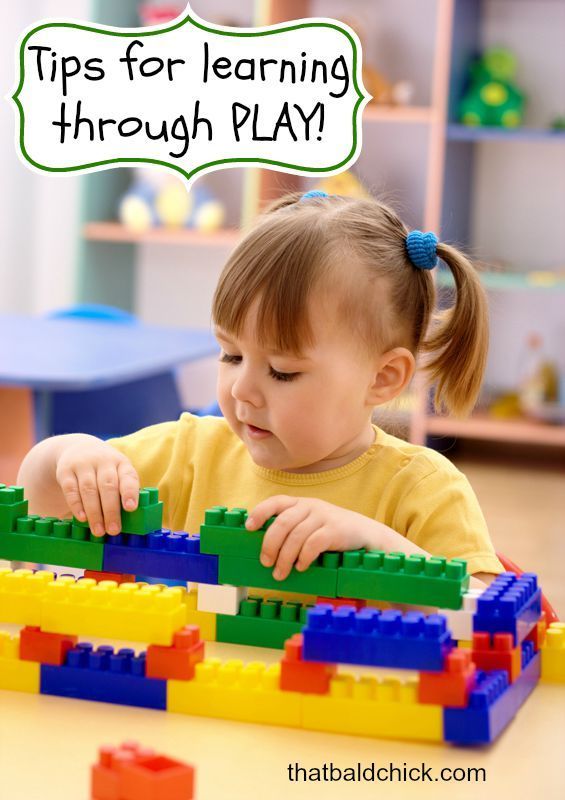 Here’s how systems can help families unlock the power of play.
Here’s how systems can help families unlock the power of play.
May 2022 Opinion
8 play ideas for family wellbeing
May 2022 Opinion
Play isn’t another thing to do. It’s another way to do things
Playful parenting gives a boost to every member of the family – and it doesn’t have to feel like yet another thing on the to do list. Read one parent’s perspective on getting more play in every day
Ready to play?
When children play, they learn. They solve problems, think strategically, relate to others, and manage life’s ups and downs. Play helps children learn how to learn – and love learning. We've gathered some of our favourite games. You can play them anywhere – using things you find at home.
More activitiesMore research
MoreThe relationship between learning through play and holistic skills
Learning through play helps children develop the skills they need to thrive. And we’ve got an ever-growing body of evidence to illustrate it.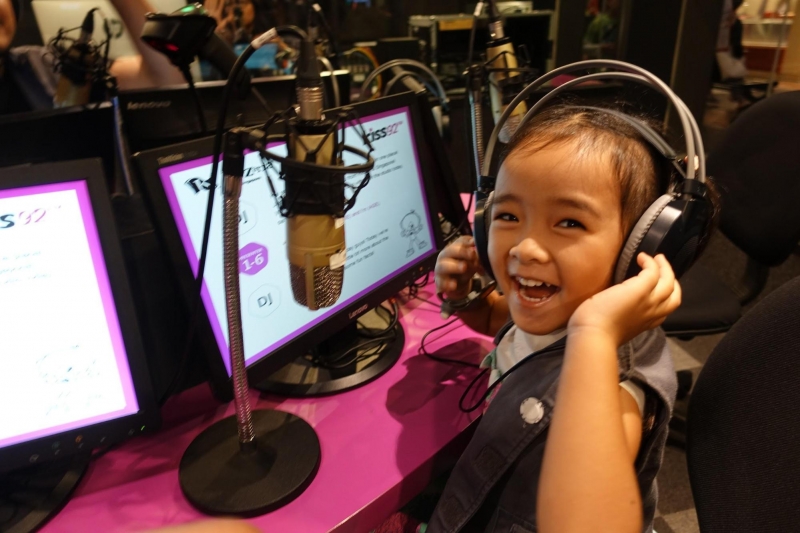 Take a look.
Take a look.
Future skills, In the classroom
Positive play in a digital age
Children spend more time online than ever – so it is vitally important that digital platforms are a safe space to explore and learn through play. Here’s how organisations are steering industry and governments to put children’s wellbeing first.
Technology, Wellbeing
Why creativity matters and how play nurtures creative minds
Creativity is instinctive in children – and just as essential in adults. Here’s an introduction to what we know so far about why and how we should make space for children to hone creative skills.
In the classroom, At home, Future skills
Rebuilding systems around social and emotional learning
Social and emotional learning is every bit as vital as reading and writing - especially now. We spoke to policymakers around the world about how they’re reshaping education around these essential skills.
Future skills, Wellbeing
How children thrive on play
Dive into the evidence for play’s vital role in child development.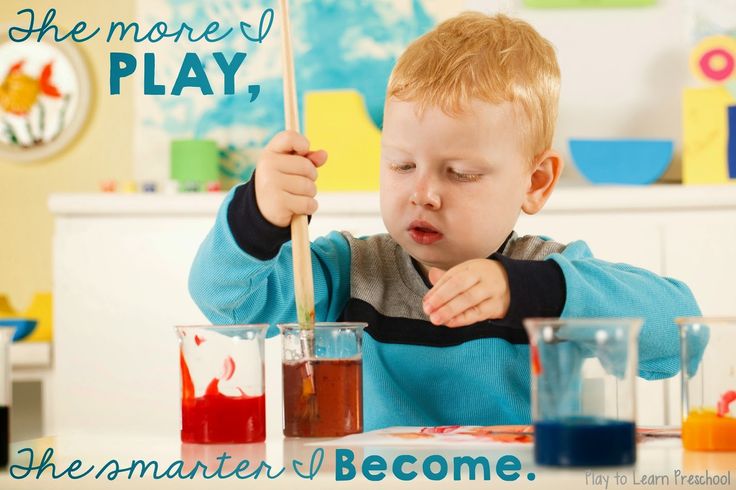
At home, In the classroom, Future skills
experts explain why games are more useful than educational games and lessons
© Liza Streltsova
Not only screams and chaos, but also a lot of good!
A common complaint about kindergartens, which is regularly found in parental circles, is: “No one works with them there, they just play all day long!”. In the world of adults, the opportunity to roll a car on a carpet all day is considered completely unacceptable (and in vain), but for children, “just playing” is many times more important than any developmental activities. We remind you of this at the beginning of the new school year and explain why.
When children have the opportunity to play with their peers or parents, their imagination is at full capacity. They constantly come up with new scenarios and ways of playing, adapt to changing conditions and develop creative thinking.
University of Maryland Mental Health Center director Sharon Hoover confirms that "gaming and mental health are linked.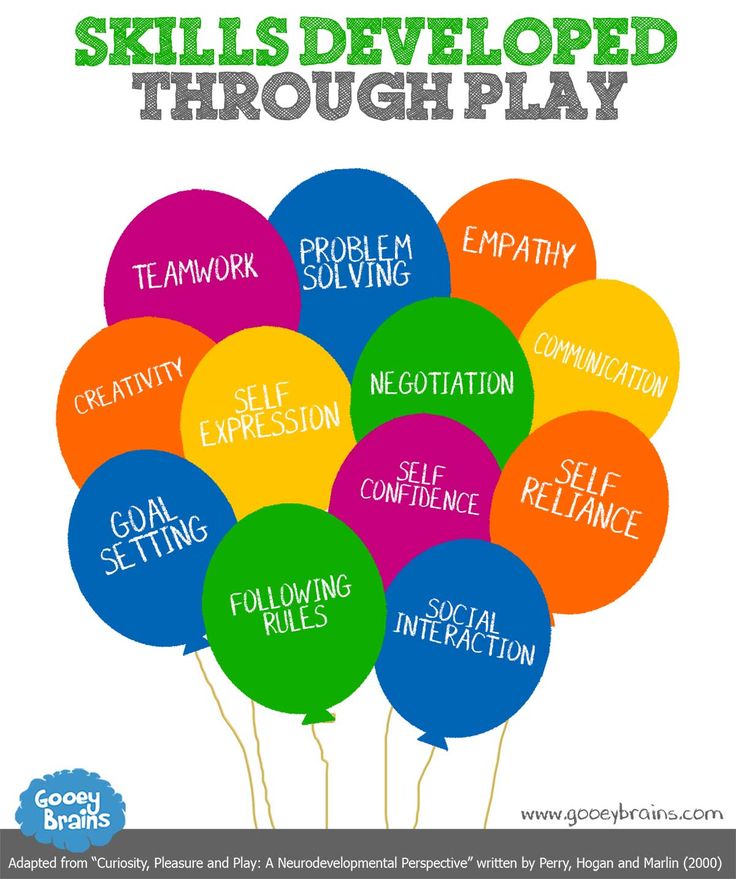 " Pediatricians and other professionals agree that free play is a normal, healthy, and natural part of a child's development.
" Pediatricians and other professionals agree that free play is a normal, healthy, and natural part of a child's development.
According to Hoover, games are good because they generate “positive feelings, such as joy or excitement, that improve the child's mood and reduce feelings of anxiety and sadness. At the same time, children who did not have enough time to play saw an increase in symptoms of depression, anxiety, and inattention.”
Remember the pleasant feeling of relief and joy when you hear the bell from class? This most exciting moment, when you can leave the classroom and have fun from the heart, run and play with your classmates, is hard to forget.
The opportunity to play freely with your peers is essential to a child's development and helps him acquire many social skills that will be useful throughout his life.
The current generation of children is looked after much more strongly and more carefully than previous generations (well, you yourself know these stories about how children from the age of five used to walk without their parents in the yard, and playgrounds looked more like an army obstacle course).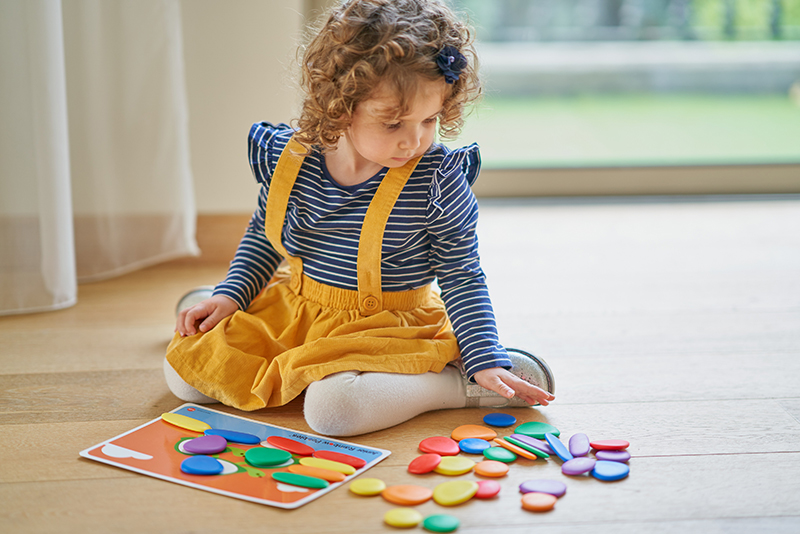 This gives rise to a problem: due to the overprotection of parents, not all children get the opportunity to fill bumps on their own and figure out what is dangerous for them and what is not.
This gives rise to a problem: due to the overprotection of parents, not all children get the opportunity to fill bumps on their own and figure out what is dangerous for them and what is not.
Free play allows children to test themselves and learn to better manage their bodies, their emotions and their decisions. The ability to self-regulate is another important stage in a child's development, and free play is a great way to develop it.
When you give children the opportunity to play independently and freely, “they learn to cope with problems, think through their actions to the end and realize their own possibilities. This allows them to feel more confident and less helpless."
Children are born to play. For them, this is the best way to learn, grow and master new skills. Free play stimulates brain cells, and the game tasks that the child sets for himself make his brain work hard, which contributes to his development.
In general, games (even if they look strange from the outside) are not a waste of time that is needed only in a break between useful activities, this is a useful activity, and, perhaps, one of the most useful for children.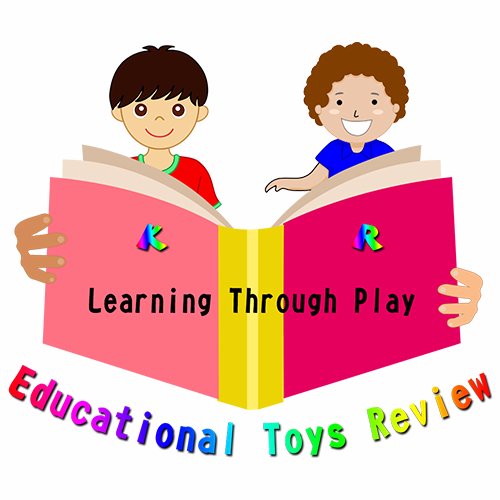 So before enrolling a child in thirty circles and sections, “so that he doesn’t get bored,” check if he has enough time just to feed the doll with sand or sculpt dinosaurs from Play-Doh? Because these classes are the most important for him now - it has been proven.
So before enrolling a child in thirty circles and sections, “so that he doesn’t get bored,” check if he has enough time just to feed the doll with sand or sculpt dinosaurs from Play-Doh? Because these classes are the most important for him now - it has been proven.
Read more on the topic
- games
- early development
- education
Three ways to learn while playing - Pythagorka Intellectual Development Center
The development and education of children has long ceased to be boring and monotonous, today it is possible to acquaint a child with new knowledge in an interesting and bright way.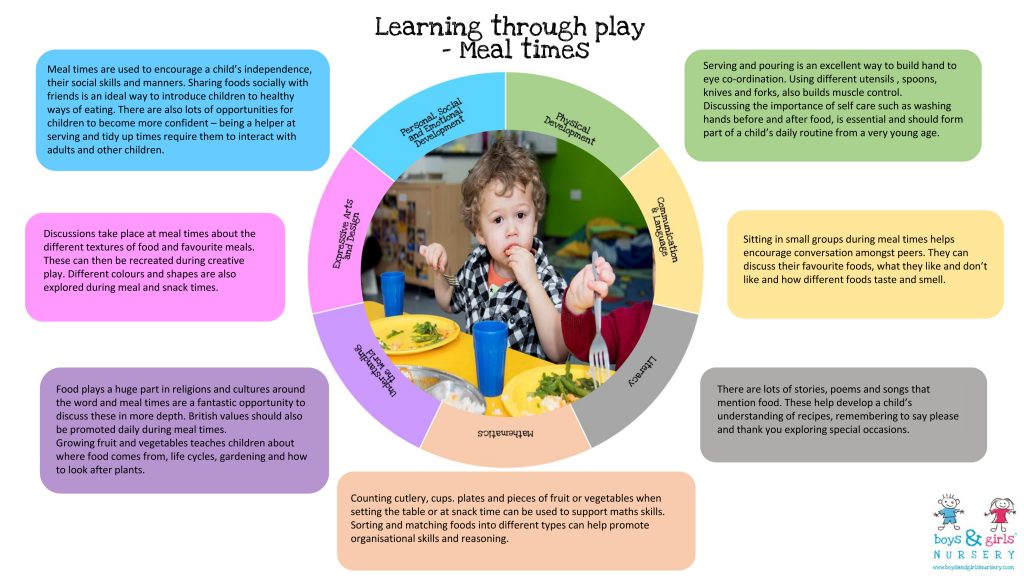 Board games help to find a balance between a competent approach to learning and a fun childhood. Playing and developing at the same time no longer seems like a difficult task if you have modern board games from the Igroved store at hand.
Board games help to find a balance between a competent approach to learning and a fun childhood. Playing and developing at the same time no longer seems like a difficult task if you have modern board games from the Igroved store at hand.
"Dobble" - a game for future geniuses
At first glance, the actions you need to perform are extremely simple: you need to find the same cards. This board game is aimed at developing attention, self-control and speed of reaction. "Dobble" has no analogues and its uniqueness is easy to see at the first meeting.
First, the game has no age limit. Even the smallest children with the help of adults will cope with the task. If you show your child a few familiar pictures on cards every day, then pretty soon you will notice that the kid has learned the name of what is shown in the picture. And when the first step is completed, you can show the card and ask the child to find the right image. It is important to remember that children under three years of age are not ready to play Dobble in competitive conditions, a more calm and measured option is possible for them.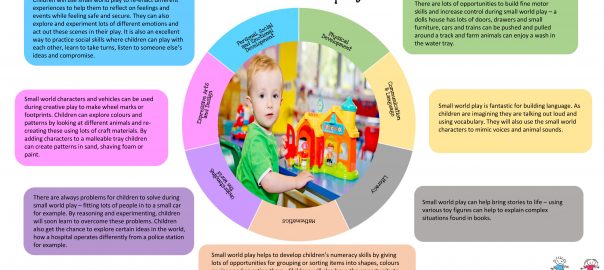
Secondly, the game is useful from a speech therapy point of view. In the process of completing tasks, coordination of speech with movement and the activation of the vocabulary of children develop. To make this condition work better, before the start of the game, you can speak with the guys the names of all the symbols and discuss that the winner will not be the fastest player, but the one who clearly and distinctly named the symbols.
Thirdly, "Dobble" is a real treasure for children, who often cannot remember a word due to excitement. The game perfectly develops a speech reaction and helps the children to concentrate in a particular moment.
Doble is a game with movable rules that can be adjusted to the desired tasks. Here are some of them:
Formation of the skill of agreeing nouns with possessive pronouns or adjectives. To do this, it is important to talk to the children before the game that when naming a symbol, you need to choose a pronoun and (or) adjective for it.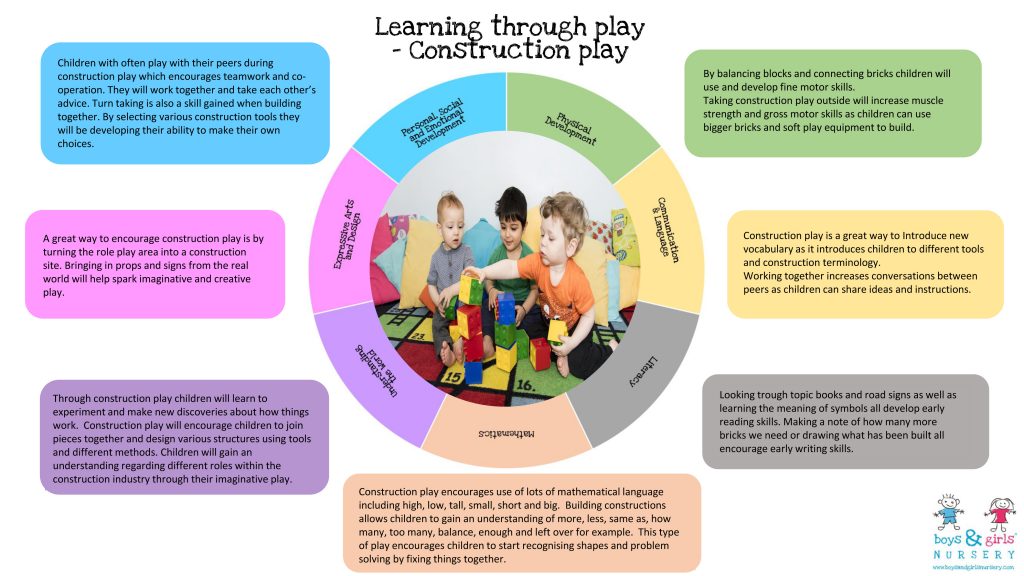 For example: my big tree, my wooden house, my black blot.
For example: my big tree, my wooden house, my black blot.
Development of auditory attention. This type of game is necessary for future first graders, because at school almost all information is received orally. To develop this skill, you can lay out 6-10 cards in front of the child and say: "I thought of a card, it shows a car and a dog." The winner is the one who finds this card the fastest.
Development of visual memory. The task changes slightly: each player receives a card and remembers the symbols depicted on it. Then the cards are turned over. The winner is the one who can remember all the symbols from his card.
Development of fantasy and coherent speech. Each player receives a card and invents a story using the word-symbols depicted on it. This version of the game turns out to be the most exciting and creative.
"Speed Colours" - improved livery
Regular coloring books are effective for development, but not always attractive for children, so Speed Colors added modern details to the usual activity.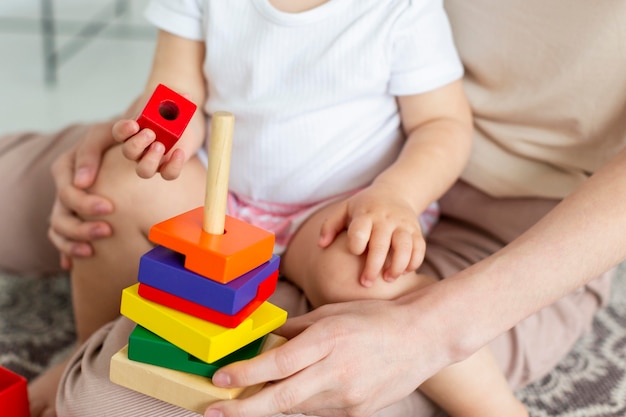 This game develops memory, attention, hand-eye coordination and fine motor skills in children, and also teaches the child minimal graphic skills and instills accuracy.
This game develops memory, attention, hand-eye coordination and fine motor skills in children, and also teaches the child minimal graphic skills and instills accuracy.
It is interesting to spend time doing such an activity for both toddlers and older children.
For the little ones, you can use a simplified version of the game: learn colors and learn how to paint pictures. Children especially enjoy the process of erasing drawn lines. Thanks to this opportunity, you can train coloring skills, develop fine motor skills and perseverance without fear of making a mistake.
Over time, this approach can be diversified and slightly complicate the task. For example, give a child specific instructions and ask them to color a particular part in red or blue. This option will help develop a child's understanding of speech, spatial representations and memory.
Older children can prove themselves in team play. For this format, it is necessary to divide the participants into groups and distribute felt-tip pens.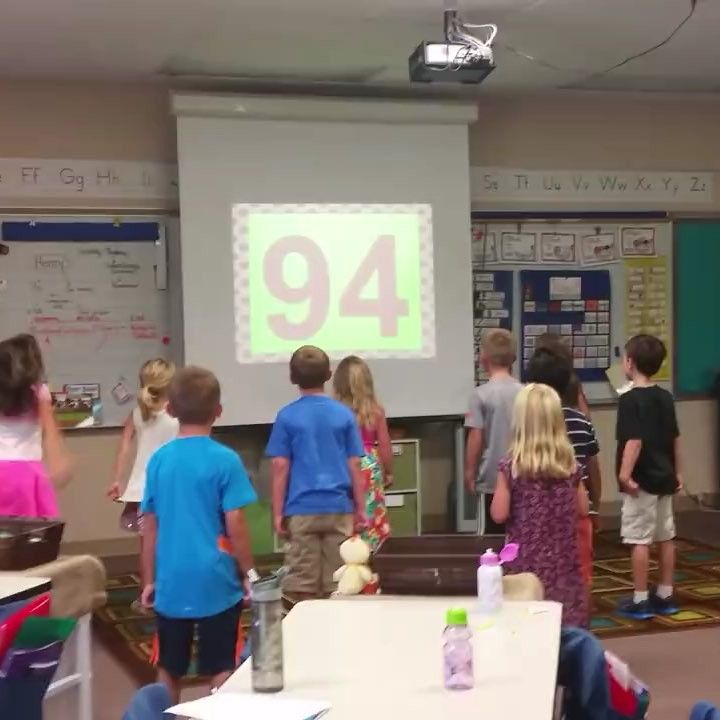 Each member of the team must paint over a specific detail in the future drawing as soon as possible. The team that completes the task as quickly and accurately as possible wins. This will help the children learn to work together and show leadership abilities.
Each member of the team must paint over a specific detail in the future drawing as soon as possible. The team that completes the task as quickly and accurately as possible wins. This will help the children learn to work together and show leadership abilities.
Sleeping Queens - a game for real wizards
This board game is designed for elementary and preschoolers. In the process of completing tasks, participants train their oral counting, attention and memory. You can supplement the game in many ways, focusing on the problem area.
In order to develop fantasy, you can come up with additional actions for the main characters. For example, decide what the queen will do after sleep, or think about what she dreamed about.
To improve memory and attention, another setting is suitable - the rules of transformations. Think with the players about who can transform into whom and under what circumstances. For example, who the dragon will become and why.
In addition, with the help of this game, you can train visual attention.